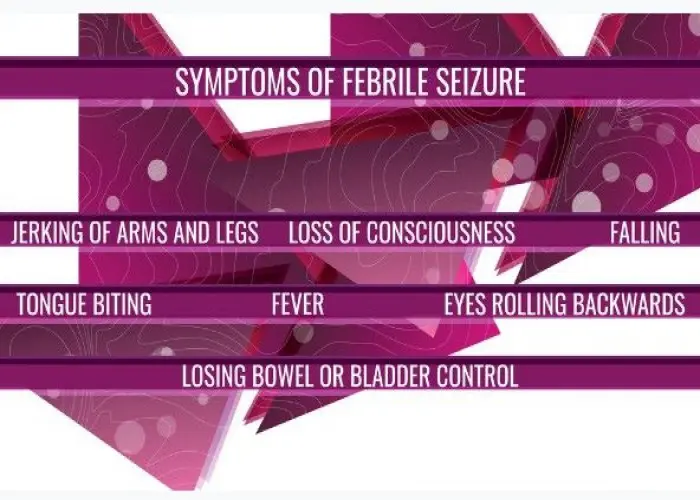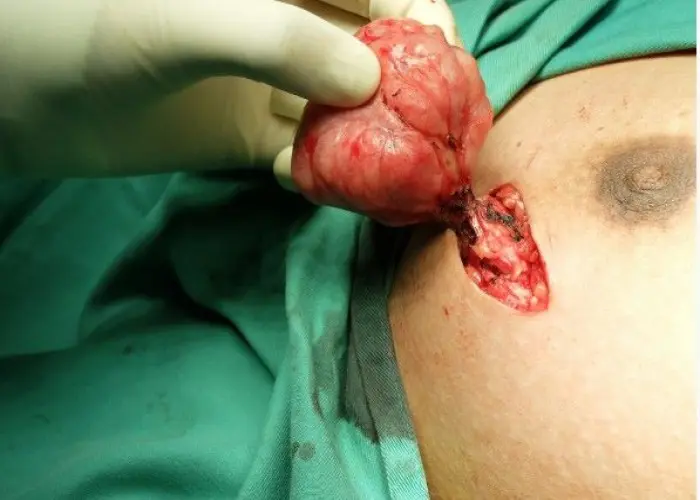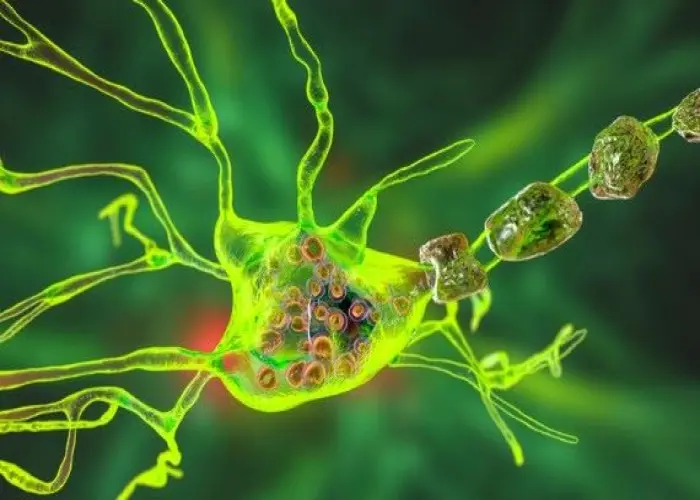 Welcome
Welcome
“May all be happy, may all be healed, may all be at peace and may no one ever suffer."
Von Willebrand disease

Von Willebrand disease is a bleeding disorder caused by a deficiency or dysfunction of a clotting protein called von Willebrand factor. Von Willebrand factor is important for the normal function of platelets, which are small cells in the blood that help with blood clotting.
There are three types of von Willebrand disease, with type 1 being the mildest form and type 3 being the most severe. Symptoms can vary depending on the type and severity of the disease, but may include easy bruising, prolonged bleeding after injury or surgery, heavy or prolonged menstrual periods in women, and in some cases, nosebleeds or gastrointestinal bleeding.
Von Willebrand disease is typically diagnosed with blood tests that measure the levels of von Willebrand factor and other clotting factors in the blood. Treatment may involve medications that help to increase the level of von Willebrand factor in the blood, such as desmopressin (DDAVP) or von Willebrand factor concentrate. In some cases, other medications that help to promote blood clotting may also be used. Lifestyle modifications, such as avoiding certain medications or activities that can increase the risk of bleeding, may also be recommended.
While von Willebrand disease is a lifelong condition, with appropriate treatment and management, individuals with the condition can lead normal and active lives. It is important to work closely with a healthcare provider to develop an individualized treatment plan and to monitor for any potential complications, such as joint damage or iron deficiency anemia.
Research Papers
Disease Signs and Symptoms
- Unusual bleeding
- Heavy menstrual period or bleeding
- Blood in urine (hematuria)
- Blood in stool
- Excessive bleeding from an injury or after surgery or dental work
- Nosebleeds that don't stop within 10 minutes
- Blood clots greater than 1 inch (2.5 centimeters) in diameter in menstrual flow
- Symptoms of anemia, including tiredness, fatigue or shortness of breath
Disease Causes
Von Willebrand disease
The usual cause of von Willebrand disease is an inherited abnormal gene that controls von Willebrand factor — a protein that plays a key role in blood clotting.
When you have low levels of this protein or it doesn't work as it should, small blood cells called platelets cannot stick together properly nor attach themselves normally to the blood vessel walls when an injury has occurred. This interferes with the clotting process and can sometimes cause uncontrolled bleeding.
Many people with von Willebrand disease also have low levels of factor VIII, another protein that helps in clotting.
Factor VIII is involved in another inherited clotting disorder called hemophilia. But unlike hemophilia, which mainly affects males, von Willebrand disease affects males and females and is usually milder.
Rarely, von Willebrand disease can develop later in life in people who didn't inherit an affected gene from a parent. This is known as acquired von Willebrand syndrome, and it's likely caused by an underlying medical condition.
Disease Prevents
Von Willebrand disease
If you plan to have children and have a family history of von Willebrand disease, consider genetic counseling. If you carry the gene for von Willebrand disease, you can pass it on to your offspring, even if you don't have symptoms.
Disease Treatments
Even though von Willebrand disease has no cure, treatment can help prevent or stop bleeding episodes. Your treatment depends on:
- The type and severity of your condition
- How you've responded to previous therapy
- Your other medications and conditions
Your doctor might suggest one or more of the following treatments to increase your von Willebrand factor, strengthen blood clots or control heavy menstrual bleeding:
- Desmopressin. This medication is available as an injection (DDAVP). It's a synthetic hormone that controls bleeding by stimulating your body to release more of the von Willebrand factor stored in the lining of your blood vessels.
- Many doctors consider DDAVP the first treatment for managing von Willebrand disease. It can be used before minor surgical procedures to help control bleeding. You might be given a trial of desmopressin to make sure it's effective for you.
- Replacement therapies. These include infusions of concentrated blood-clotting factors containing von Willebrand factor and factor VIII. Your doctor might recommend them if DDAVP isn't an option for you or has been ineffective.
- Another replacement therapy approved by the Food and Drug Administration for treating adults 18 and older is a genetically engineered (recombinant) von Willebrand factor product. Because recombinant factor is made without plasma, it can reduce the risk of a viral infection or allergic reaction.
- Oral contraceptives. In addition to preventing pregnancy, these drugs can help control heavy bleeding during menstrual periods. The estrogen hormones in birth control pills can boost von Willebrand factor and factor VIII activity.
- Clot-stabilizing medications. These anti-fibrinolytic medications — such as aminocaproic acid (Amicar) and tranexamic acid (Cyklokapron, Lysteda) — can help stop bleeding by slowing the breakdown of blood clots. Doctors often prescribe these drugs before or after a surgical procedure or tooth extraction.
- Drugs applied to cuts. A fibrin sealant (Tisseel) placed on a cut helps curtail bleeding. This is applied like glue using a syringe. There are also over-the-counter products to stop nosebleeds.
If your condition is mild, your doctor might recommend treatment only when you're having surgery or dental work or when you've had a trauma, such as a car accident.
Disease Diagnoses
Disease Allopathic Generics
Disease Ayurvedic Generics
Disease Homeopathic Generics
Disease yoga
Von Willebrand disease and Learn More about Diseases

Febrile seizure

Lung cancer

Fibroadenoma

Inherited metabolic disorders

Nail fungus

Bronchiolitis

Primary lateral sclerosis (PLS)

Shingles
von willebrand disease, ভন উইলেব্র্যান্ড রোগ
To be happy, beautiful, healthy, wealthy, hale and long-lived stay with DM3S.
